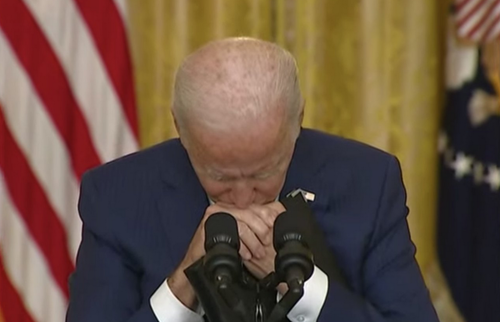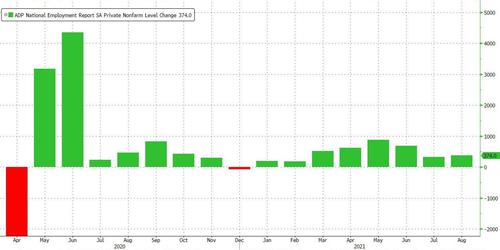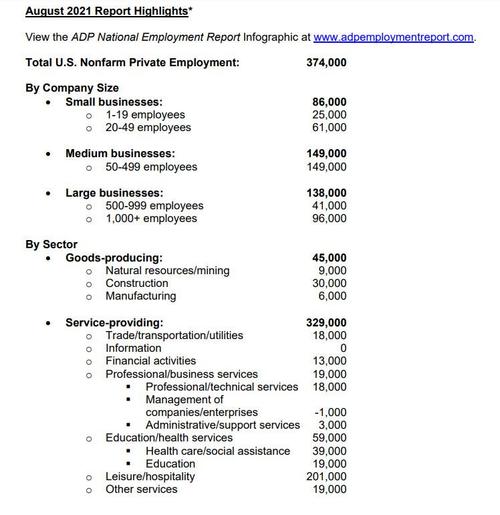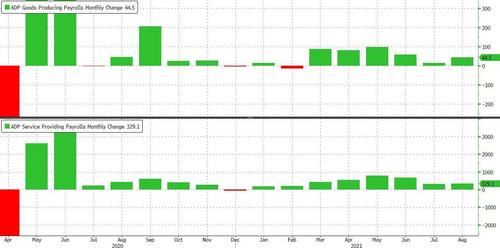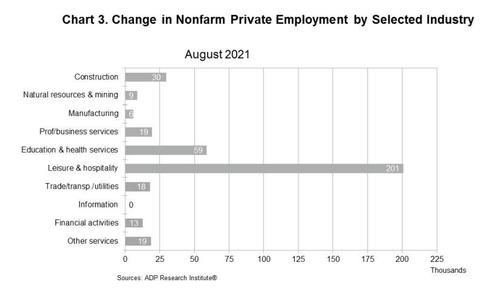In today’s online meeting, OPEC+ is expected to agree to another production increase of 400,000 barrels per day, a move which is a continuation of the process of rolling back production cuts introduced in the depths of the Covid-19 crisis. The organization expects supplies to remain tight through the rest of the year, before flipping to a surplus in 2022. Oil is trading slightly higher this morning ahead of the decision.
Below, courtesy of Newsquawk, is a detail summary of what to expect in today’s meeting
SUMMARY
- The JTC will meet on Tuesday at 12:00BST/07:00EDT; JMMC and OPEC+ will meet on Wednesday at 15:00BST/10:00EDT and 16:00BST/11:00EDT respectively – subject to further delays
- Sources have suggested that the planned 400k BPD hike output will likely go ahead, although surprises cannot be ruled out
RECENT COMMENTARY
- Kazakhstan considers the existing OPEC+ decisions as sufficient to stabilise the market, TASS reported
- The Kuwati oil minister, over the weekend, suggested OPEC+ could reconsider output increase due to COVID
RECENT SOURCES
- OPEC+ is likely to roll over its output policies this week, with a planned 400k BPD hike from September, according to sources
- An informed source has intimated that considering the outcome of the JTC meeting yesterday, it appears that the OPEC plus meeting today will continue its previous policy; i.e. an increase of 400k BPD, via Energy Journalist Zandi
- OPEC+ focus remains on an increase of 400k BPD despite the upward revision to demand forecast, according to four sources
- Sources have said “current oil prices around $70 are okay.”
JTC FORECASTS
- OPEC+ forecasts oil stocks falling in 2021 even as it raises production, according to reports – If output is fully restored, the group forecasts a new oil surplus next year
- OPEC+ JTC revises figures and now sees OECD stocks below 2015-2019 average until May 2022 (prev. Jan 2022)
- OPEC+ JTC now sees 2022 market in 1.6mln BPD surplus – after revising figures down from earlier forecast of a surplus of 2.5mln BPD.
OVERVIEW: The OPEC+ decision-making meeting will be taking place against potential supply threats from a rampant Delta variant and the US’ desire for lower oil prices. The group have several options on the table for September production: 1) stick with the planned +400k BPD monthly hike, 2) defer the hike and maintain current production for at least September, or 3) increase output by a smaller volume. OPEC+ ministers have been relatively quiet since the mid-July meeting, but sources have suggested that the planned 400k BPD hike will likely go ahead. The Kuwaiti oil minister, however, has indicated that producers could mull halting the planned hike, citing COVID as the main factor, although he added that nothing had yet been discussed among participants.
SCHEDULE: The Joint Technical Committee (JTC) will meet on Tuesday at 12:00BST/07:00EDT to assess oil market conditions and examine its developments and trends. The Joint Ministerial Monitoring Committee (JMMC) will then review this data on Wednesday at 15:00BST/10:00EDT and make a recommendation to OPEC+, with a meeting slated for 16:00BST/11:00EDT. As always with OPEC, timings are indicative and subject to delays.
PRIOR MEETING: Ministers at the last meeting agreed to hike total group production by 400k BPD per month from August (subject to market conditions), through to the end of 2022 (it moved this from April 2022). For the extended period (from May 2022 through the end of the year), production baselines, which the OPEC+ pact is premised on, have been revised higher for the UAE (3.5mln vs prev. 3.168mln), Iraq (4.803mln vs prev. 4.653mln), Kuwait (2.959mln vs prev. 2.809mln), Saudi and Russia (both to 11.5mln vs prev. 11mln). Russian Deputy PM Novak at the time stated that Russia would raise its oil output monthly by 100k BPD beginning in August and expects to return to pre-crisis levels of production in May next year. However, since then, some desks’ notes have suggested that OPEC’s exports for August were running at around 500k BPD higher than the average seen in July, which would represent an outpacing the corresponding relaxation in OPEC+ supply curbs.
DELTA VARIANT: The surge and dominance of the Delta variant across many economies have triggered fears of peak global growth and softer jet fuel demand. Nations, particularly in the East with low vaccine uptakes, have resorted to various lockdown measures to stem outbreaks. Furthermore, a recent Oxford study showed the AstraZeneca, and Pfizer/BioNTech vaccines’ efficacies dropped in 90 days compared to two weeks after the 2nd dose – with the AstraZeneca vaccine efficacy at 61% and Pfizer vaccine at 75% at 90 days after the 2nd dose. There has also been growing noise surrounding a booster jab to reinforce against the Delta variant. The figure below shows the growth of dominance of the Delta variant across several regions over the past months. OPEC+ will likely reinforce caution surrounding COVID and express progress with regards to vaccinations.
US PRESSURE: The US has asked OPEC+ to ramp up output in a bid to stem the follow-through to US consumers. “We are engaging with relevant OPEC+ members on the importance of competitive markets in setting prices,” the statement said. A Senior White House official also noted that President Biden would “like his administration to use whatever tools that it has to help address the cost of gas, to help bring those prices down.” Subsequently, the US Department of Energy announced the sale of up to 20mln barrels of crude from the Strategic Petroleum Reserve (SPR). OPEC sources believe oil markets do not need more oil than they plan to release in the coming month. Texas Governor Abbott noted in a tweet that Texas can “can easily produce” the oil the White House desires – Texas produced some 4.74mln BPD in May 2021, according to EIA data, with pre-pandemic production (Jan 2020) just under 5.50mln BPD. Elsewhere, some have suggested that the US production taken offline by Hurricane Ida provides OPEC+ members with some room to manoeuvre – with the resumption of US production expected to be gradual, whilst damage assessments are underway.
IRANIAN OIL: Iranian supply may also gain some attention after Javad Owji was appointed Iran’s new oil minister – who is seeking to expand in new oil markets. Furthermore, JCPOA talks have hit a snag, with the prospect of a Nuclear Deal dimmer than it was at the previous OPEC+ confab. Iran is currently exempt from OPEC+ quotas amid the overarching US sanctions, although a return of Iranian barrels is widely expected – but contingent on JCPOA talks. That being said, reports have flagged illicit Iranian oil exports, albeit at a fraction of market price and to the detriment of Iran’s current account. Further, Hezbollah Secretary-General Nasrallah also announced that a ship carrying Iranian fuel will set sail for Lebanon, with Tehran warning against US intervention in what they called a “legitimate trade”. Iran’s Foreign Ministry spokesperson on Monday suggested a decision will be taken “in the coming days” on which Iranian body will manage the JCPOA talks, and hence it is safe to assume progress on a Nuclear Deal will be minimal ahead of the OPEC+ meeting.
OTHER POTENTIAL STICKING POINTS: Members can also complicate matters by seeking higher baseline, as did the UAE, Kuwait and Iraq in July talks, although there has been very little (so far) to indicate that this may be the case. OPEC+ needs unanimity to pass the next set of production quotas.
